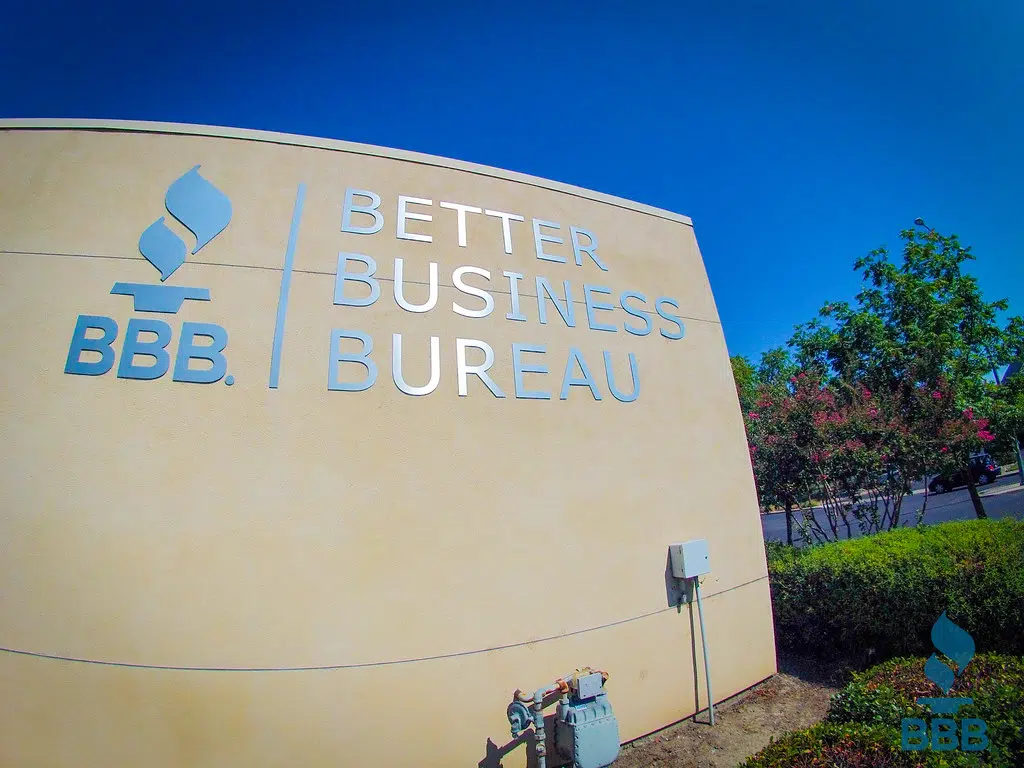GRAND RAPIDS, MI (WKZO AM/FM) – College graduates are tossing their caps and preparing for the next chapter of their lives.
Graduations also means new financial responsibilities such as starting payments on student loans, and scammers are eager to take advantage of their inexperience.
The BBB offers the following tips to help new grads avoid common scams.
Student Loans
One of the most common ways scammers target college graduates is with fake loan forgiveness opportunities. They may receive an unsolicited email, phone call, or text message stating that you can qualify for lowered payments through a debt forgiveness program.
Some of these companies are real, but they pitch their services with false claims and incomplete information.
Other companies are fakes, only hoping to get their hands on the graduate’s personal information and money.
Earlier this month, the Federal Trade Commission announced it had stopped two student loan relief schemes.
- You don’t have to pay for help managing your student loans. If you have federal student loans, visit StudentAid.gov/repay. If your loans are private, go directly to your loan servicer. It’s their job to help you for free.
- Research the lender. Visit BBB.org to read business profiles and check out companies before working with them. The FTC has consumer education related to student loan debt relief scams at ftc.gov/StudentLoans. You can also ask your college’s financial aid office about the company.
- Be Wary of Government Imposters. Scammers often use fake seals and logos to seem legitimate, or pretend to be government agencies like the Department of Education.
- Protect personal information. Never share sensitive information, such as your FSA ID. Never give out a credit card number or bank account number unless you know the organization is legitimate.
- Visit StudentAid.gov for federal student loan repayment options. Student loans can be forgiven only under specific circumstances, so contact your lender directly to see if any options are available to you.
Job Scams
Job scams are on the rise, with scammers offering recent grads high paying, easy, fully remote, entry-level positions. Scammers will ask for personal information like bank accounts and social security numbers, claiming they need to set up direct deposit, file taxes or pay for training.
In another version, graduates may be “accidentally” overpaid with a fake check and asked to send back the extra funds.
Employment scams are the second riskiest scam, according to our 2022 Scam Tracker Risk Report.
- Be wary of offers that seem too good to be true & vague descriptions.
- Research the company & job offer. Look for the listing on the company’s website and verify the person you are talking with works there.
- Be wary of work-from-home offers, shipping/warehouse opportunities, and secret shopper positions. Our research found many fake job offers related to becoming a “warehouse redistribution coordinator” or similar jobs involving reshipping packages, which are often purchased with stolen credit cards.
- On-the-spot job offers are a red flag. A legitimate company wants to make sure you are a good fit for the job and the company first.
- Don’t fall for a fake check scam. Be wary if the “employer” asks you to deposit a check and transfer funds to another account for training or equipment or for any other reason. You should never cash a check for more than you are owed.
Rental scams
Find a gorgeous apartment in a trendy neighborhood at an affordable price? There’s a good change that it’s a scam. In many cases, scammers simply copy the photo and description of a real property. Then, they post it online with their own contact information and try to get a deposit and first month’s rent from the victim.
- If the offer seems too good to be true, it is.
- Find out how much other rental properties in the area cost before you sign a lease. Scammers often lure victims by promising low rents, extra amenities, and a great location.
- See the apartment or house in person. Don’t send money to someone you’ve never met for an apartment you haven’t seen. If you can’t visit an apartment or house yourself, ask someone you trust to go and confirm that it is what was advertised.
- Read lease agreement documents before you sign. Don’t be embarrassed to consult with friends or family members who may be more knowledgeable on the subject if you have doubts or questions.
Report any scams to bbb.org/scamtracker.
Read more about scams targeting new college grads here.
content from the BBB of Southwest Michigan









Comments